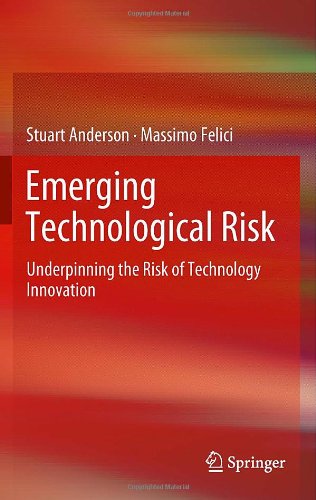

Most ebook files are in PDF format, so you can easily read them using various software such as Foxit Reader or directly on the Google Chrome browser.
Some ebook files are released by publishers in other formats such as .awz, .mobi, .epub, .fb2, etc. You may need to install specific software to read these formats on mobile/PC, such as Calibre.
Please read the tutorial at this link: https://ebookbell.com/faq
We offer FREE conversion to the popular formats you request; however, this may take some time. Therefore, right after payment, please email us, and we will try to provide the service as quickly as possible.
For some exceptional file formats or broken links (if any), please refrain from opening any disputes. Instead, email us first, and we will try to assist within a maximum of 6 hours.
EbookBell Team

5.0
100 reviewsClasses of socio-technical hazards allow a characterization of the risk in technology innovation and clarify the mechanisms underpinning emergent technological risk. Emerging Technological Risk provides an interdisciplinary account of risk in socio-technical systems including hazards which highlight:
· How technological risk crosses organizational boundaries,
· How technological trajectories and evolution develop from resolving tensions emerging between social aspects of organisations and technologies and
· How social behaviour shapes, and is shaped by, technology.
Addressing an audience from a range of academic and professional backgrounds, Emerging Technological Risk is a key source for those who wish to benefit from a detail and methodical exposure to multiple perspectives on technological risk. By providing a synthesis of recent work on risk that captures the complex mechanisms that characterize the emergence of risk in technology innovation, Emerging Technological Risk bridges contributions from many disciplines in order to sustain a fruitful debate.
Emerging Technological Risk is one of a series of books developed by the Dependability Interdisciplinary Research Collaboration funded by the UK Engineering and Physical Sciences Research Council.